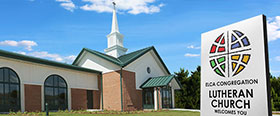

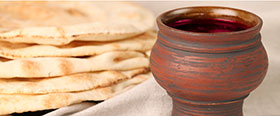

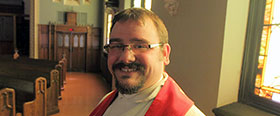
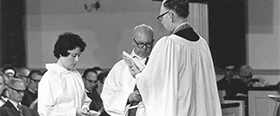
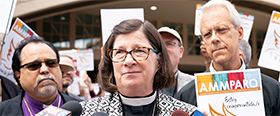
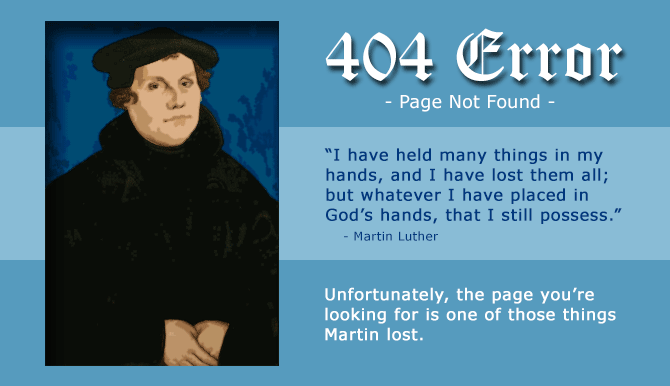
We are the church that shares a living, daring confidence in God's grace. Liberated by our faith, we embrace you as a whole person--questions, complexities and all. Join us as we do God's work in Christ's name for the life of the world.
Evangelical Lutheran Church in America
8765 W Higgins Road
Chicago, IL 60631
